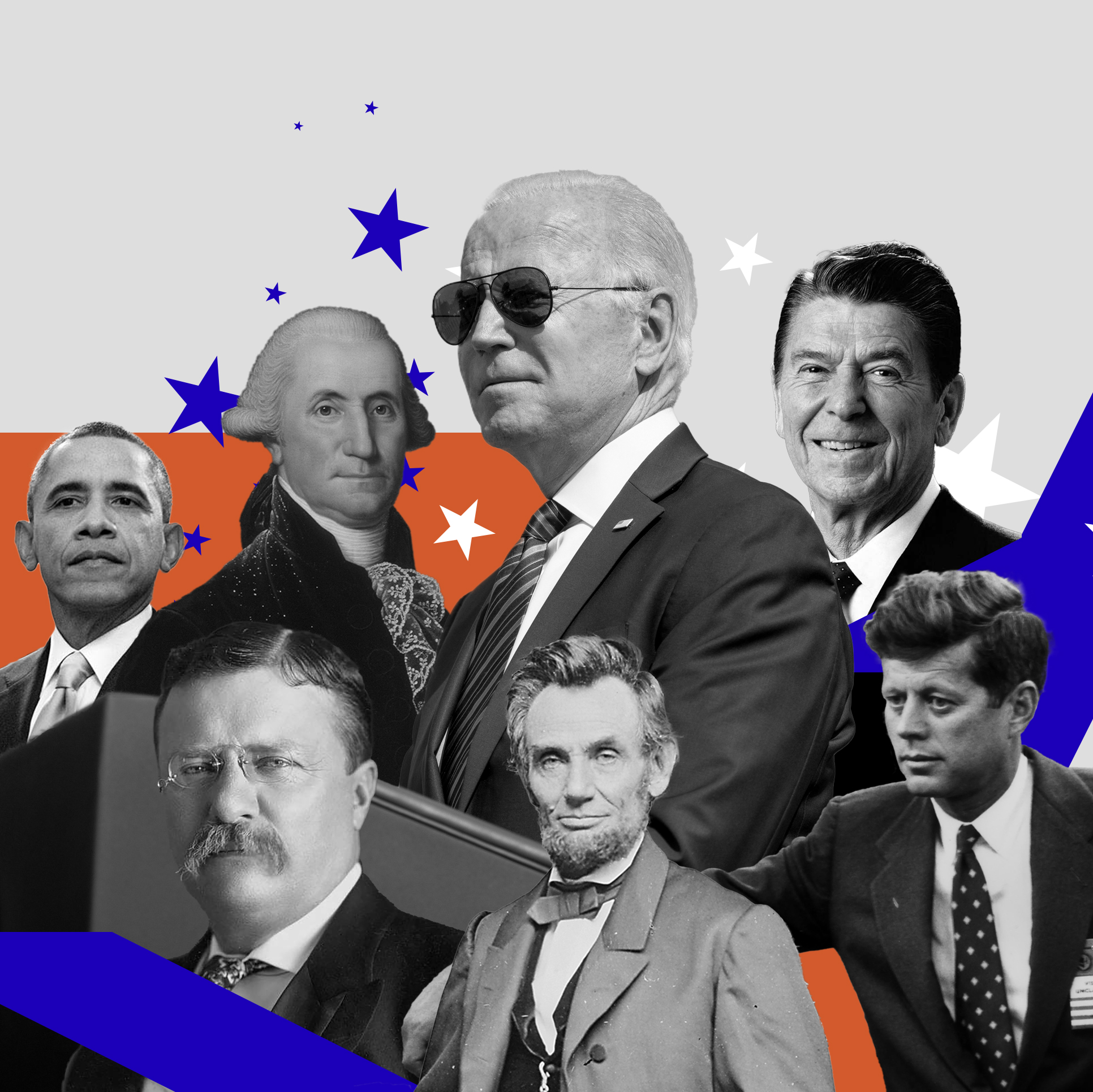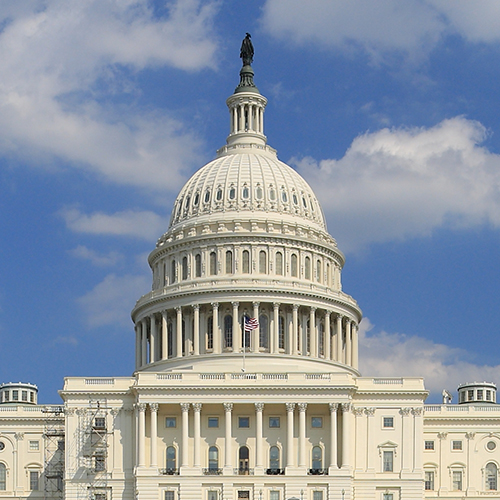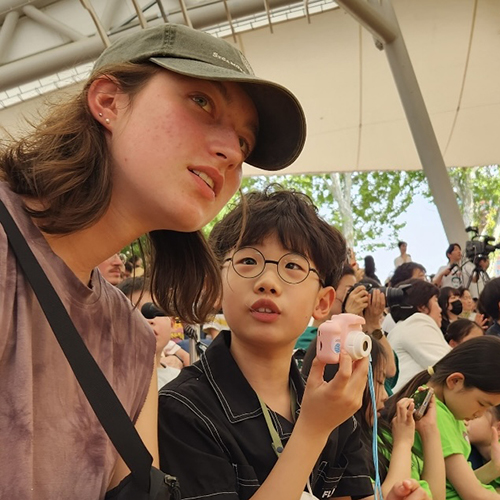If you’re looking for good news, Austin Williams is happy to oblige. Williams, who graduated from the UW this month with a BA in communication, heads What’s Good 206, a nonprofit organization that produces articles and videos about people making a positive difference in Seattle. Williams should consider adding his own feel-good story, since he has helped dozens of young people discover their potential as reporters, writers, editors, and producers.
Williams’ interest in storytelling dates back to an early age. “As a little kid I used to create characters and write stories,” he recalls. “It came from being bored.” He struggled academically in high school until he discovered a class in video production. The medium suited his penchant for storytelling and his confidence grew.

After enrolling briefly at two colleges on the East Coast—one was a poor fit, the other too expensive—Williams moved to Seattle, where his parents had recently settled. He spent a year working and saving up to return to school. During that year he discovered What’s Good 206, founded by Adina Sison to serve as a resource for local youth. He volunteered as a video editor; six months later Sison suggested he take over leadership of the program.
Williams welcomed the opportunity and ran with it. “At first the idea was to just shine the light on young people doing positive things to change the dominant cultural view,” he says, “but as we progressed we learned that people are really hungry for positive stories, not just about young people.” In addition to overseeing stories, Williams organized a 10-day media camp for high school students, during which they completed a short film.
When Williams became a UW student in 2013, he continued to head What’s Good 206. Classmates and recent alumni joined the project, eager for hands-on reporting and video experience. In 2014, they produced more than 30 videos and 50 articles and launched an improved website that received 22,000 visits, up from about 2,100 the year before.
Every kid grows up with a superpower, but not everyone discovers their superpower. I didn’t think I was smart.... But then I discovered video. I really feel like video saved my life.”
“In some ways, What’s Good 206 felt like a team with me as the coach,” says Williams. “People joined to gain experience, and I felt responsible for their learning experience. You have to get to know your team members. You can’t teach them all the same way or some fall through the cracks. I wanted them to experience success.”
While What’s Good 206 was gaining momentum, Williams was also honing his reporting and storytelling skills through Department of Communication courses on everything from multimedia journalism to diversity in journalism to international reporting. His favorite course was Community News Lab, a practicum through which students write bi-weekly news stories, with one class session each week held at The Seattle Times. “That class really fit my learning style,” says Williams. “But I have so much respect for all of my Communication classes. I think about the things I learned in them every day.”
Williams also racked up awards and honors at the UW, including a Mary Gates Leadership Award, the Northwest Automotive Press Association Scholarship, and most recently, the $5,000 Su Job Award for Education from Artspace.

In 2015, with graduation approaching, Williams slowed the frenetic pace of What’s Good 206 to catch his breath and plan for the future, with an emphasis on sustainability. “What’s Good 206 cannot continue without a budget,” he says. “It’s too much work. So planning for the future is my priority right now.”
Of course Williams has personal priorities as well. He is currently working on a 20-minute film that he hopes to submit to film festivals next year. “It’s so not What’s Good 206,” he laughs. “It’s very dark.” Longer term, he would like to work in film or television, possibly in Los Angeles. He has already met with alumni in the entertainment industry in L.A. through a Department of Communication Career Exploration Seminar. Closer to home, he interned spring quarter with Screaming Flea Productions in Seattle, which produces unscripted television shows.
Williams is grateful for all the opportunities that have come his way—but especially that video production course in high school that set him on his current path.
“Every kid grows up with a superpower, but not everyone discovers their superpower,” Williams says. “I didn’t think I was smart in middle school and high school. It took me forever to read. But then I discovered video. I really feel like video saved my life.”
More Stories

Is This Presidential Campaign Different?
UW History professor Margaret O'Mara provides historical context for this moment in US presidential politics.

Making Sense of This Political Moment
To navigate this momentous election season, Arts & Sciences faculty suggest 10 books about the US political landscape.

Finding Family in Korea Through Language & Plants
Through her love of languages and plants — and some serendipity — UW junior Katie Ruesink connected with a Korean family while studying in Seoul.